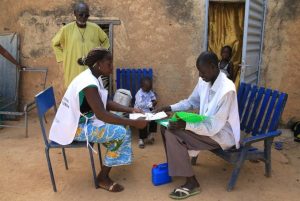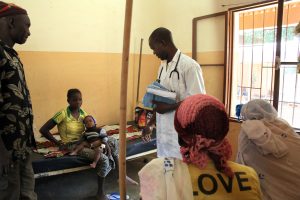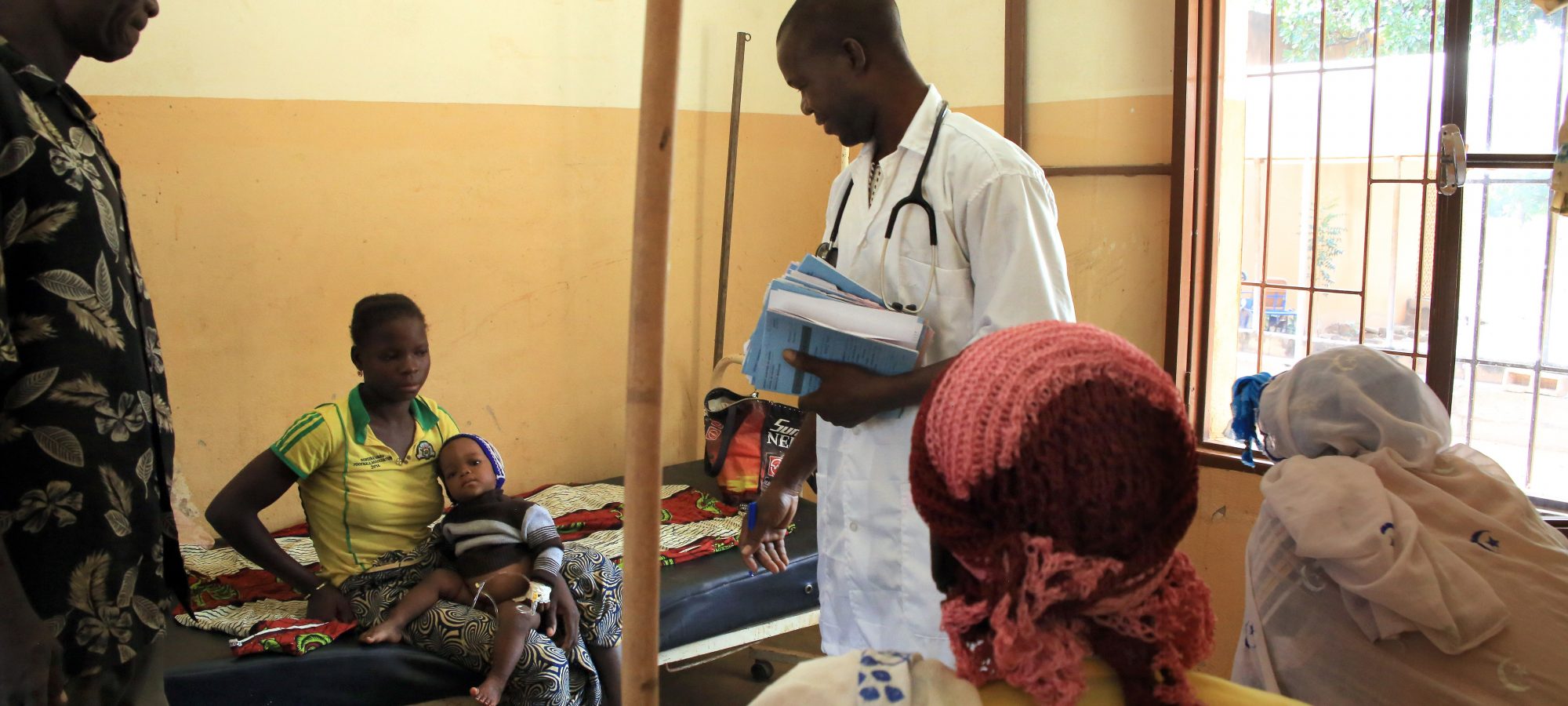ACCESS-SMC is a three-year UNITAID-funded project, led by Malaria Consortium in partnership with Catholic Relief Services, which is supporting National Malaria Control Programs to scale up access to seasonal malaria chemoprevention (SMC) to save children’s lives across seven countries in the Sahel. By demonstrating the feasibility and impact of SMC at scale, ACCESS-SMC will promote the intervention’s wider adoption. This case study highlights the impact SMC has had in the fight against malaria. Malaria can be prevented- in the Sahel, SMC can play a crucial role.

At the end of 2016, ACCESS-SMC had successfully administered seasonal malaria chemoprevention (SMC) to approximately 6.4 million children in seven countries. In the Sahel, where malaria incidence increases with the rainy season, there are 25 million children who can benefit from this life-saving treatment. Three years before the project began the World Health Organization (WHO) issued policy recommendations on SMC as an effective tool to prevent malaria in children (3-59 months). However, before the first ACCESS-SMC campaign in 2015 less than 4 percent of eligible children had benefited from this intervention.
Countries in the Sahel have a shortage of skilled health workers, and simply making antimalarial medicines available does not automatically ensure success. This is why ACCESS-SMC has been working closely with National Malaria Control Programs to effectively train community health workers (CHWs) on how to deliver, administer and begin dialogues around SMC. By delivering basic preventative health services to remote populations, CHWs improve access to and coverage of rural communities in low-income countries.

Agriculture is the primary economic activity in Burkina Faso. During the rainy summer months, when many families are out in the fields cultivating their crops, CHWs play a crucial role in protecting young children from malaria. They have to work extra hard to make sure every eligible child is reached. In the small rural town of Ziniaré, Jules Ouedraogo works long hours going door-to-door during the four distribution cycles, administering SMC to 45-55 different children each day. “Because the rainy season coincides with the period of farming, we are often obliged to join them in the fields when they are absent at home, or sometimes we go back to the homes at night when parents and children have returned from the fields. We will go to homes, fields, churches, markets; wherever there are children.”
Compaore Zenabo, a mother and fruit merchant, has two children under the age of five. Her children used to fall sick regularly, especially during the rainy season, but since her children began receiving SMC they have not had malaria and income once spent on malaria treatment is now saved. As a working mother, CHWs have made it easy so she does not have to choose between earning income for her family or the health

of her children. “They come to us and give medicines to our children. When they do not find us at home, they make the effort to come back or join us at our workplaces. Really, we are pleased with the work of the community distributors.”
Delivery of SMC is complicated by the inaccessibility of villages, made even more convoluted with heavy rains flooding roads. Undeterred by the weather, when roads are flooded CHWs either attempt to cross them with boats or canoes, or wait for the water level to reduce. Their relentless efforts resulted in a 45 percent decrease in the number of malaria cases in children under five after the first campaign in 2015, and over 1.3 million children were protected by SMC during the 2016 campaign.
Patrice Ouibga is a health worker at Ziniaré Urban Health and Social Promotion Center. Before the project began it was normal to treat 800-1,000 cases of malaria a month during the rainy season. “By 2016, this number has dropped considerably and parents are very happy. We now have fewer than 100 cases per month during the rainy season. We hope in the future Malaria Consortium can sustain SMC and extend it to other areas not yet covered to save the lives of many children.”
This success story was prepared by Malaria Consortium thanks to funding from UNITAID under the ACCESS-SMC project. The views expressed here do not necessarily reflect those of UNITAID.
© Malaria Consortium. Published July 2017
Photo credits: Malaria Consortium/Susan Schulman
For more information visit www.unitaid.org and www.access-smc.org
